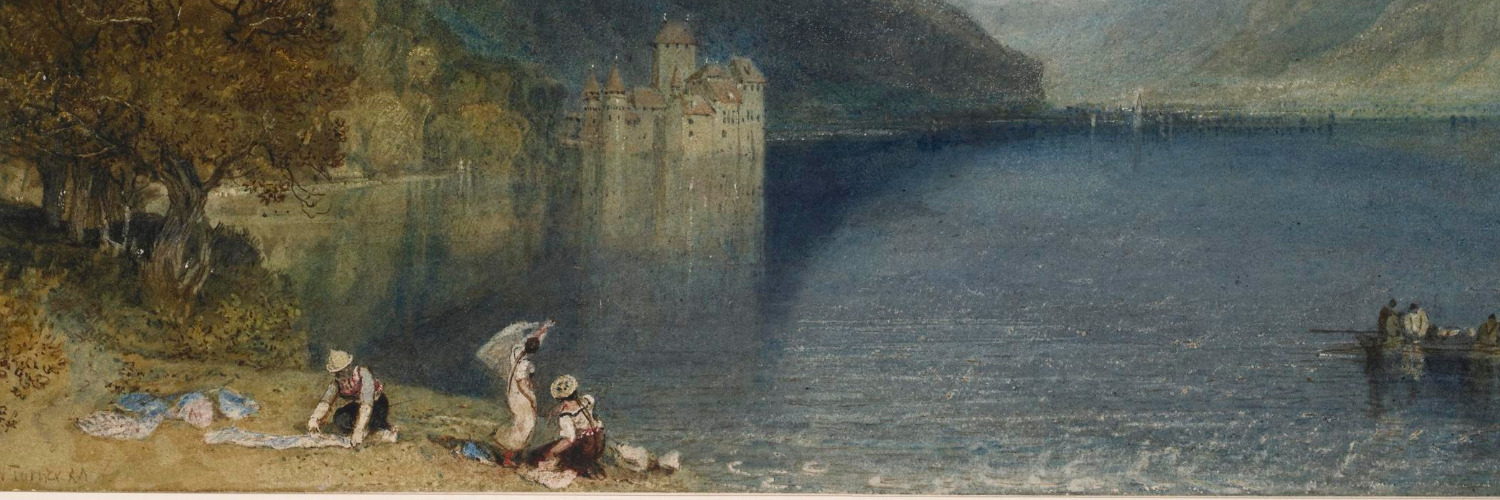AM: The way I’m reading it—[and] I agree [that] you can read Fanny Price as an evangelical Christian heroine, or a patriot, or [as] Saree Makdisi wants to read her as a self-regulated heroine who promotes this heteronormative self-regulation—[but] I’m reading her through two texts really. Through Wollstonecraft’s Vindication of the Rights of Woman where Wollstonecraft talks about the slavery of parent-child relations producing the slavery of marriage and producing a personality—a female personality—that Wollstonecraft finally defines as abject.
So I want to read Fanny as abject and also as the grateful negro, reading her through Maria Edgeworth’s novella “The Grateful Negro.” And I want to make the argument that Jane Austen is fully aware of the fact that Fanny Price is a damaged personality. That the last line is an ultimate example of Jane Austen’s irony. We are meant to read that recognizing that this is through Fanny’s eyes. That she is telling us that everything is perfect within the patronage of Sir Thomas [but Jane Austen isn’t].

